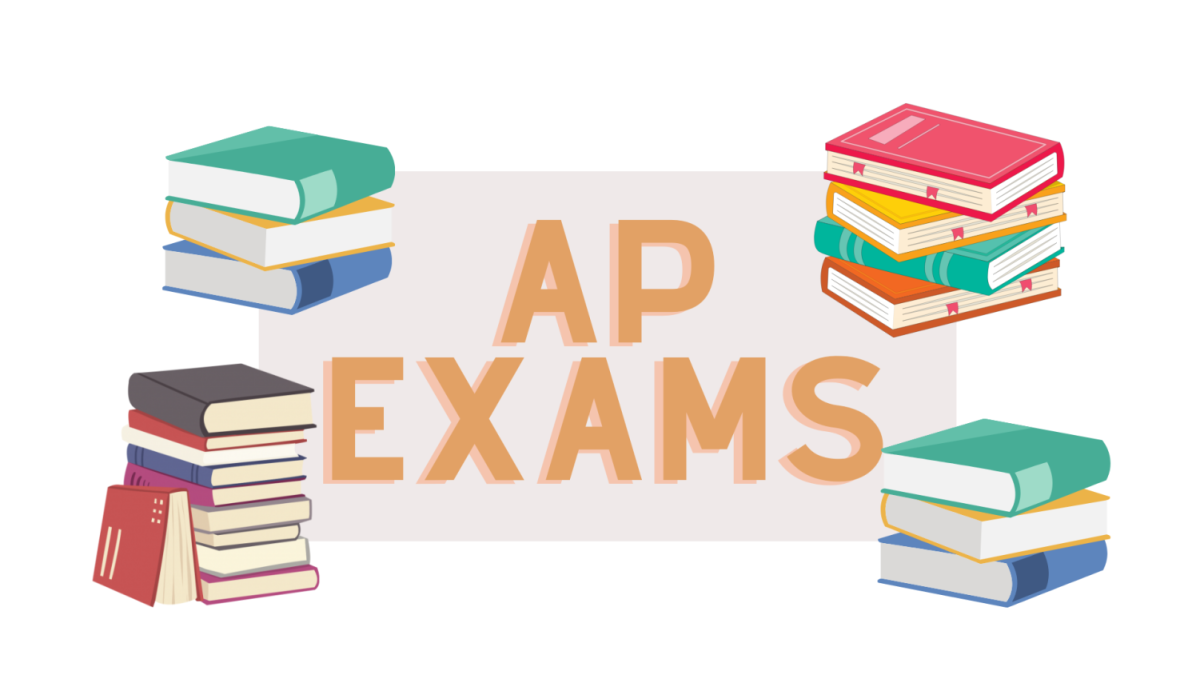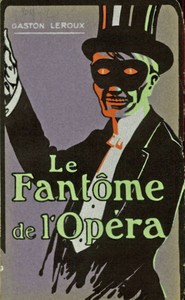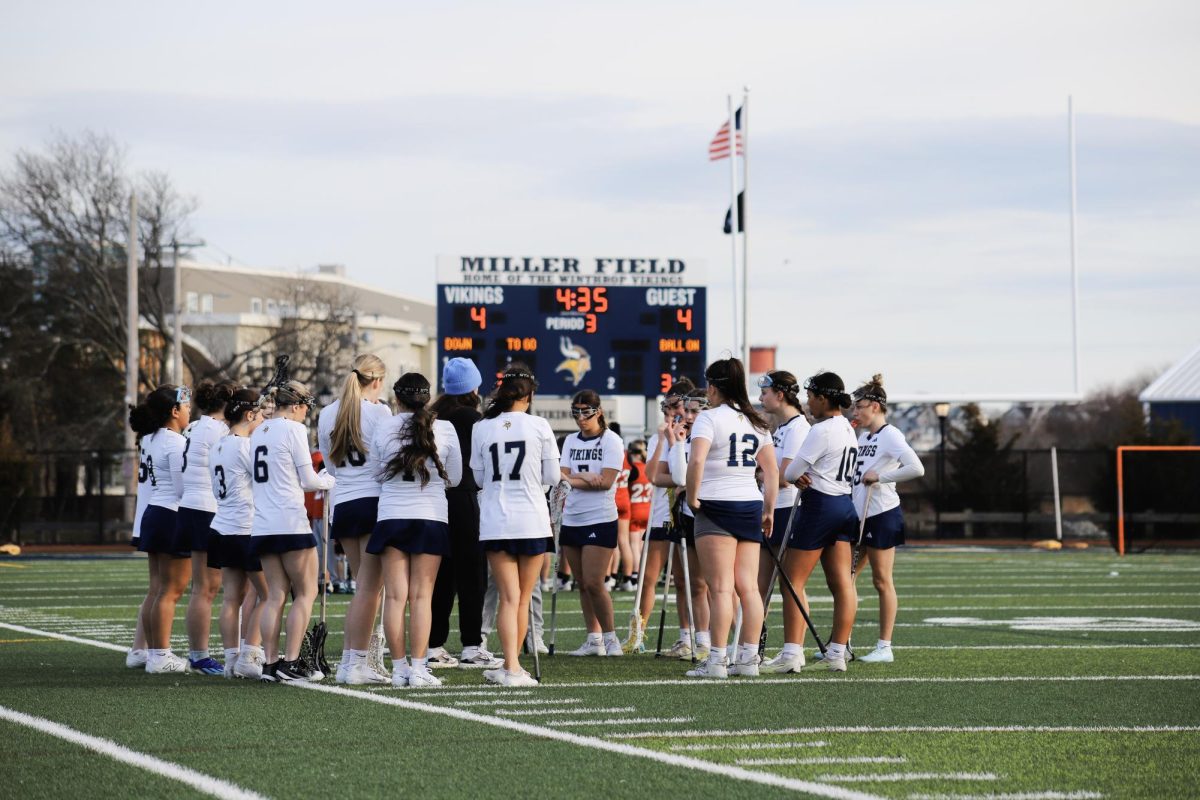As the underclassmen pass the halfway point of the year, they will soon have to choose which classes to take next. Recommended for certain classes with different levels by their teachers, they are allowed to choose their schedule for the upcoming year. For those who want to take an AP class or multiple, we composed a list of them as well as what a day in these classes would feel like!
AP Lang
Not to be confused with AP Lit, Ap Lang taught by Mr. Parsons is the “equivalent to an introductory, college-level literary analysis course” according to the College Board blog.
The exam has two sections; Section I is 45 minutes of multiple choice and reading while Section II is 2 hours and 15 minutes of 3 essay questions, about 45 minutes per essay, of which are a synthesis question, rhetorical analysis, and an argumentative essay.
Nadia:
AP Lang had us doing many different things. The class mainly focused on writing and understanding the different styles of writing. We learned how to write synthesis essays with the help of documents and sources. We veered away from your traditional five-paragraph essays and instead got used to formatting and writing four-paragraph essays. We also ventured a bit more into the creative side of things when we were tasked with creating our podcasts. In addition, we practiced writing timed essays during class as well as AP classroom multiple choice each week. The exam itself consists of 3 essays and 45 multiple-choice questions. Following the exam in May, students will begin the process of creating their resumes as well as starting to write their college essays.
Mira:
When I took AP Lang we did a variety of things; we did a lot of practice for the actual exam, writing timed essays, and doing some AP Classroom practice questions as well, however outside of this we did a lot of fun projects such as writing articles for The Viking TImes, creating our podcasts, and more! I enjoyed this class as it allowed me to read but most importantly it taught me the different types of arguments and how they are structured as well. The exam itself was a bit strenuous as it was reading and multiple choice followed by three essays, but the material itself wasn’t too harsh! I would recommend this class to anyone who loves to read and argue as well–future lawyers, this is definitely for you!
AP Lit and Comp
AP Lit is a class that combines a lot of skills students will either have or learn; analyzing writing and arguing your interpretation is the heart of the class and Ms. Indelicato will always deliver and help improve your writing! Most of the year is preparing for the actual exam, so you can expect multiple choice exams as well as in-class essays. The exam itself is a bit of a doozy as it is three hours of multiple choice of 5 passages and 55 questions with another three essays. However, outside of that, you will also read numerous works such as Jane Eyre and Little Fires Everywhere. This class is a great one and one of my favorites and I am so grateful for having taken this class–I believe it is one every student should take at WHS–as I learned how to develop my interpretation of text as well as arguing my point of view. This class does come with its work however it is one of the classes every high school student should take if they can.
AP Stats
Taught by Mr. Brian Davis, who also teaches Accelerated Preclac and Algebra 3, AP Statistics explores concepts such as probabilities and hypotheticals. The exam has 40 multiple choice as well as 6 free response questions.
Nadia:
AP statistics is not your typical math class. Most math classes we have taken in high school originate from algebra and calculus. You’ll find that AP stats veers away from the math part of things and focuses more on the logic of how solutions come to be. Mr. Davis will typically spend about two weeks teaching the material in the given chapter before taking a test. Your grade in the class consists of four tests throughout the quarter along with your homework completion which accumulates for an additional test grade. Students have access to the online textbook that is used in class. I find it helpful to take notes from the textbook to gather a better understanding of the material. The class explores some interesting concepts and I think everyone should consider taking AP statistics at some point in their high school career.
Mira:
This class was interesting for me just because it was a new form of math. A majority of the math you learn in high school has some algebraic or calculus roots whereas stats was purely logic and interpreting the situation there. A majority of the class you spent learning how problems were given and how to solve them; you would be given four tests a quarter, accounting for your grade as well as the homework grade on the reports. The curriculum itself was not incredibly fast-paced, you were sometimes given additional information to read at home but most of it was taught in class. I would recommend this course to everyone whether or not you enjoy math!
AP Calc
AP Calc is revered as one of the hardest classes you could take in your four-year career as a high school mathematician.
Mr. Beck who has taught our class and previous (shoutout to Mr. Beck!!!) typically splits up the class into two groups, AB which is the intro, and BC which is a little bit more, both take the exam of two Sections; Section I is multiple choice as one part will be 60 minutes without a calculator and 45 minutes with one while Section II is a free response, BC’s exam has another portion of the free response where students are not permitted a calculator, of 6 questions.
Nadia:
AP Calc is another possibility for a math class for students. Many people hear of AP Calc and find themselves running away but first, hear me out. I’m not going to sugarcoat it, the class material is challenging and the workload is a lot. There is a lot of material to be covered and you will need to ask for help at some point but that’s to be expected. There are two different types of AP Calc, AB and BC. Everyone starts in the AB curriculum and those who are well versed with the material might end up taking on the BC curriculum which is more advanced than that of the AB. A typical week for an AP Calculus student will include 5 hours of Khan Academy where students will have to level up on 10 skills to earn a complete homework grade. Khan Academy is a tool that offers the basics of what will be explored in more depth during classes. The more challenging and rigorous material is taught in class. Mr. Beck will give us the lesson and do a few examples as a class before assigning problems for us to try out on our own for the remainder of the class. Following each unit there will be a unit test where your hours of practice will be put to the test. If people are willing to put in the hours and effort I would say they should test the waters and try out the class.
Mira:
Many of you might be taking PreCalc right now and wondering if Calc would be a good class to sit in because you have prior knowledge. Allow me to tell you that very little if anything in PreCalc is applicable in AP Calc. There are two types of classes, AB and BC; when you begin the year, you will begin in the AB curriculum, and if you get good grades and excel there, then you are transferred into BC. The class is still a whole class, with both AB and BC students, however, the platform which you learn from, Khan Academy, varies between the two students as AB is the preparatory Calculus class whereas BC is the more advanced and intricate form of the class.
The class is set up very similarly to a college class where much of the actual lesson is assigned the night before and you go into class to learn more about the material the night before.
Every week, your homework is to do a total of 5 hours of Khan Academy while leveling up on 10 skills in the current unit. After that, you eventually reach 90% mastery of the unit and do only one hour per week with 5 level-ups until the unit test.
I loved the material although it was challenging; Khan taught you the basic building blocks of Calc while Mr. Beck expanded that. The class itself was a lot of fun; learning was always accompanied by Mr. Beck’s tunes and for Fridays, we would wear Hawaiin shirts for extra credit. I would say that everyone who wants to try this class definitely should.
AP Comp Sci
AP Computer Science centers around the advanced version of computer science, but the class itself is self-taught. Students of all course levels learn off of a site called CodeHS, which uses videos, quizzes, and assignments to build their knowledge of computer languages. The course itself is styled as an introductory course, so don’t worry if you haven’t taken CP or Honors!
The classes themselves have students off all the levels offered. The exam is composed of two sections, Section I of 40 multiple choice and Section II of 4 free response questions.
AP Physics
Let’s go let’s go! Here in Mr. T’s room where the flow of coffee and knowledge is never-ending, AP Physics students focus on one of the most important APs; AP Physics C Mechanics.
AP Physics C Mechanics focuses a lot on the physical sciences and many aspects important to engineers–so for any of you who are looking to become an engineer, this class is a must-have! The exam itself has two sections with Section I 35 multiple choice, and Section II 3 free responses.
Nadia:
AP Physics is another science AP offered by Winthrop High School, taught by Mr. Tarantino. There are a few different AP Physics classes offered by the College Board but students here are only able to take AP Physics C: Mechanics. Students who wish to take AP Physics C will also need to take AP Calc at the same time due to the calculus-based curriculum of the class. The average day in AP Physics will consist of a lesson given by Mr. Tarantino and a few minutes at the end of class to start on any homework. Students will often use outside resources such as Khan Academy and Mastering Physics to better understand the material being taught in lessons. Each night students will have one or two assignments to complete that focus more on the little details of the lesson given in class.
Mira:
I will not lie I stepped in thinking that because honors was a breeze AP would also be one; turns out, it was a little more like a tempest. All jokes aside, honestly, I believe that AP Physics is a fundamental class in building problem-solving and communication skills as students will work with others to do labs and warm-up problems. The workload is a lot as you will have to juggle outside of class reading as well as assignments however Mr. T is always there to help with assignments. I really enjoy this class as I enjoyed physics from last year. I would have to say that all of the workload has helped me build organizational skills as well as time management and efficiency, truly recognizing the meaning of working smarter. I would recommend this class to anyone interested in science!
AP Chemistry
Nadia:
AP Chemistry is offered to juniors and seniors and is taught by Mr. Lambert. I took AP Chemistry my junior year and I can honestly say that I enjoyed the class very much. I found the material to be very interesting. The class is aimed at looking at the small and intricate details regarding the world of chemistry. There is a lot of material to cover throughout the year which is taught with slideshow presentations and hands-on experiences. Students can experience the chemistry of their lessons through various labs throughout the year. I particularly enjoyed participating in the titration lab and watching the reactions of various acids and chemicals. I would highly encourage anyone who has even the slightest interest in chemistry to take this class.
AP Bio
Nadia:
AP Biology was the very first AP class I enrolled in at Winthrop High School. The class explores a wide variety of topics, ranging from molecular biology and cellular respiration to genetics and mitosis. Students will learn about the different theories and processes of biology while also gaining an understanding of how to answer inquiry-based questions.
AP Environmental Science
Mira:
This was one of the first AP classes I enrolled in at WHS and it was one filled with amazing memories. Ms. Baker teaches the class about the relationships within the natural world such as ecosystems. The exam itself is Section I 80 multiple choice and Section II 3 free response. Furthermore, the class can do things to broaden their understanding of the earth around them through projects such as watching a plant grow feeding a fish, or going to the marsh and observing the wildlife! I would recommend this class to anyone curious about the processes behind the world.
AP Psychology
Mira:
AP Psych was the class I enrolled in to fill up my schedule but I love the class. The exam itself is Section I of 100 multiple choice as well as Section II of 2 free response. It is mostly about how psychologists analyze the human brain as well as how psychology became what it is today and how it grew. It was so interesting to learn about the processes that connect every person as well as build our different personalities as well! Mr. Dixon who teaches the class assigns reading each night and often has a quiz also. He accompanies the class with fun discussions about world news (shoutout for always giving ideas for us Mr. Dixon!) as well as preparing us for the exam by noting which topics to pay attention to.
AP US History
AP Us History is another step towards understanding the complexity of this countries history. The exam is Section I 55 multiple choice and 3 short answer while Section II is a document based question and long essay; students will learn about things such as international relations, origins of our political society as well as contributions of numerous important figures.
Mira:
AP US History goes a lot beyond just regular history classes; learning about things beyond the American Revolution and into the Civil Rights as well as Watergate or up until the 2000s. Taught by Mr. Leonardo, you will have a chapter list to go through accompanied by a quiz every while as well as learning in class. I enjoyed this class as history was always interesting to me.
AP classes like these are crucial as they teach you analytical skills and time management. I would recommend this to anyone and everyone who is looking to improve their writing and argumentative voice.
Nadia:
AP U.S. History covers a large array of topics, from Christopher Columbus to the American Revolution to the Cold War and beyond. The class goes into great detail about the people and places of history. Each week there will be an assigned chapter that students are encouraged to take notes on to better understand the material. With each chapter, Mr. Leonardo will hold a class discussion for students to contribute what they have learned from the reading. The occasional project is assigned for students to do some research of their own regarding the history they are learning at that given moment.
Have fun deciding on your next classes!



















